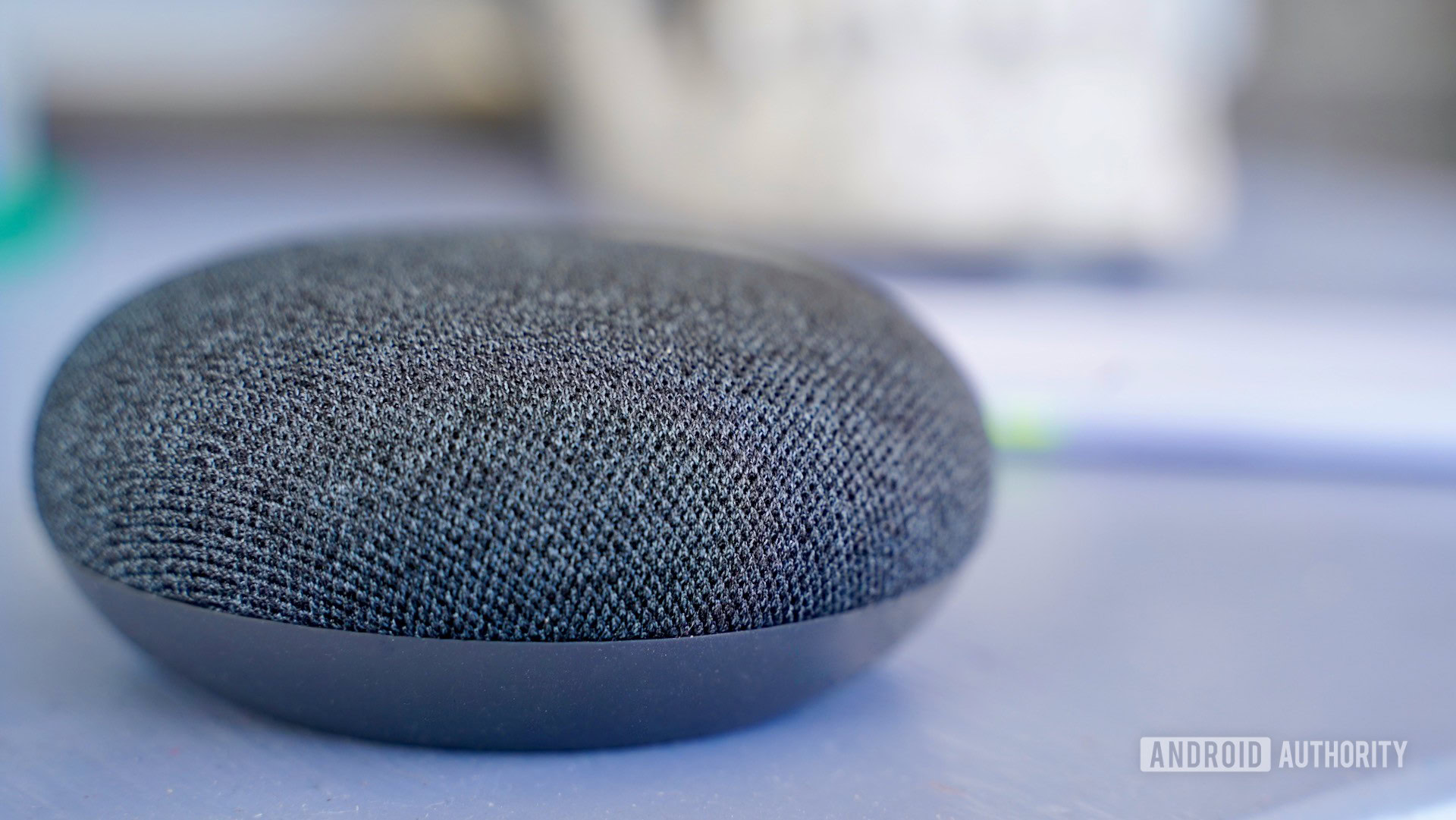Affiliate links on Android Authority may earn us a commission. Learn more.
Here's how Google Assistant wake-word sensitivity could work

Back in September 2019, Google revealed plans to include wake-word/hotword sensitivity adjustments in Assistant in a bid to reduce accidental activations. Now, it looks like we’ve got a good idea of how the feature will work.
9to5Google dug into version 10.93 of the Google app, discovering several strings related to wake-word sensitivity. The strings note that the feature allows you to “raise or lower this device’s sensitivity to make it more or less responsive” to Assistant hotwords. It seems like you can adjust the sensitivity from “default” to “least sensitive” or “most sensitive.”
The strings also suggest that you can adjust responsiveness on a device-by-device basis. So you can theoretically tone down the smart speaker if it’s too sensitive, and turn up your phone’s sensitivity if it occasionally fails to pick up your “okay Google” commands.

9to5Google adds that sensitivity can only be adjusted by the user associated with the primary account on the device, although it affects all people using the device.
The code also notes that wake-word/hotword sensitivity tweaks aren’t compatible with all languages and devices, although there’s no word on supported languages/devices just yet.
We’re not sure when Google will launch this option, but it certainly seems handy in the wake of privacy concerns over virtual assistants. It could also be great for Assistant users who simply want a more responsive service.